Time for NDP ‘soul searching’ and ‘reconnecting’ with workers, say labour leaders after electoral collapse
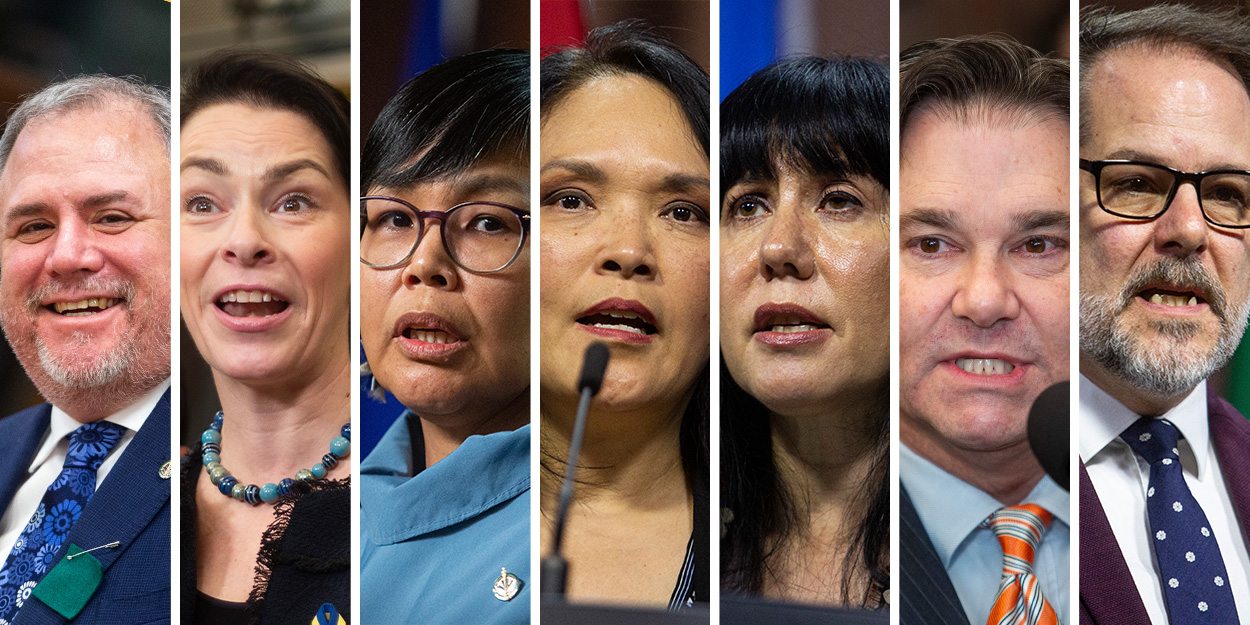
Left-wing parties, including the NDP, haven’t done a good enough job of answering the fears and frustrations expressed by many workers in a moment where Canada is struggling with cost-of-living issues, and an ongoing trade war with the United States, according to Canadian Labour Congress president Bea Bruske.
“We need to get better at that on the left,” said Bruske, whose union represents more than three million workers across the country.
“This is going to be a time of soul searching within the party to find out how it is that we are not connecting with Canadians, how it is that we are not connecting with workers in particular.”
The New Democrats—historically a party that stands up for the working class—suffered a heavy blow this election with only seven MPs heading to Ottawa—down from the 25 elected in 2021. The party’s candidates secured only 6.3 per cent of the vote nationally, down from 17.8 per cent in 2021.
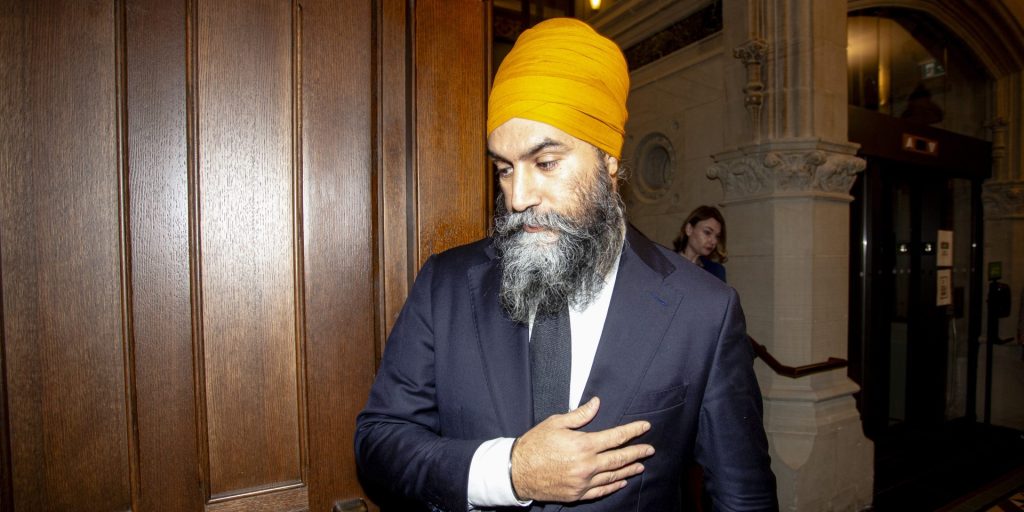
On election night, Leader Jagmeet Singh said he was stepping after losing his bid to win Burnaby Central, B.C., and the NDP lost its official party status for having fewer than 12 MPs.
Teamsters executive director Mariam Abou-Dib said it’s time for the NDP to engage in “introspection about what distinguishes them from the Liberals.”
“They’re going to need to really make that distinction” in order to “rebuild their connection to the base,” said Abou-Dib, whose union represents more than 130,000 members.
Rebuilding must come outside of Parliament Hill and the party’s seven-member caucus, who Abou-Dib said could play an important leadership role in legislation supporting the minority Liberal government. “But the real work is in the communities and back in the ridings,” she said.
Singh has regularly appeared alongside striking workers on picket lines, and was endorsed by some of the biggest unions in Canada in this past election campaign, including the United Steelworkers and the Canadian Labour Congress.
Singh notably supported the rail workers represented by Teamsters Canada during their conflict with CN Rail and Canadian Pacific Kansas City last August. The Liberal government forced a binding arbitration to end the work stoppage, which irked the leaders at Teamsters.
Getting workers’ rights on the radar this Parliament
Abou-Dib said the non-partisan organization does not endorse political parties, but she regards New Democrats as the “conscience of the Parliament” rooted in both social justice and workers’ rights.
She said the union is “concerned” that the NDP losing official party status could create an environment where the Liberal government moves away from progressive policies.
“We’ve seen that, historically, when the NDP is weak, the Liberals tend to try to appeal to the more conservative side of their base,” she said.
Without a push from a strong NDP, the minority government will be challenged to prove that it cares about workers, Abou-Dib said.
Prime Minister Mark Carney (Nepean, Ont.) has spoken in the past about including labour leaders in his discussions on major projects, and while crafting a retaliatory plan against tariffs. He has also stated that any revenue earned through Canada’s counter-tariffs will be used to support workers.
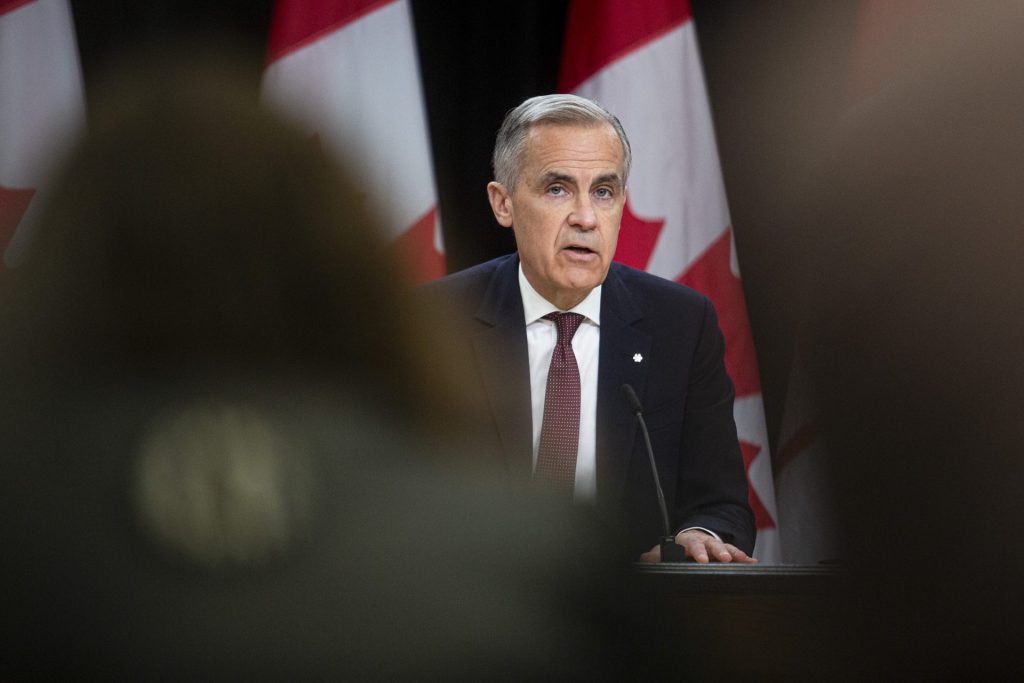
These measures, while not exhaustive, indicate that Carney has an inclination towards being pro-workers’ rights, Abou-Dib said. Workers hope that the Liberal government does not undermine their collective bargaining process going forward, she added.
Additionally, the Teamsters want the feds to protect Canada’s supply management system in future trade deals, she said, and have a more “solid” plan to back workers impacted by U.S. tariffs, beyond tweaking the employment insurance system.
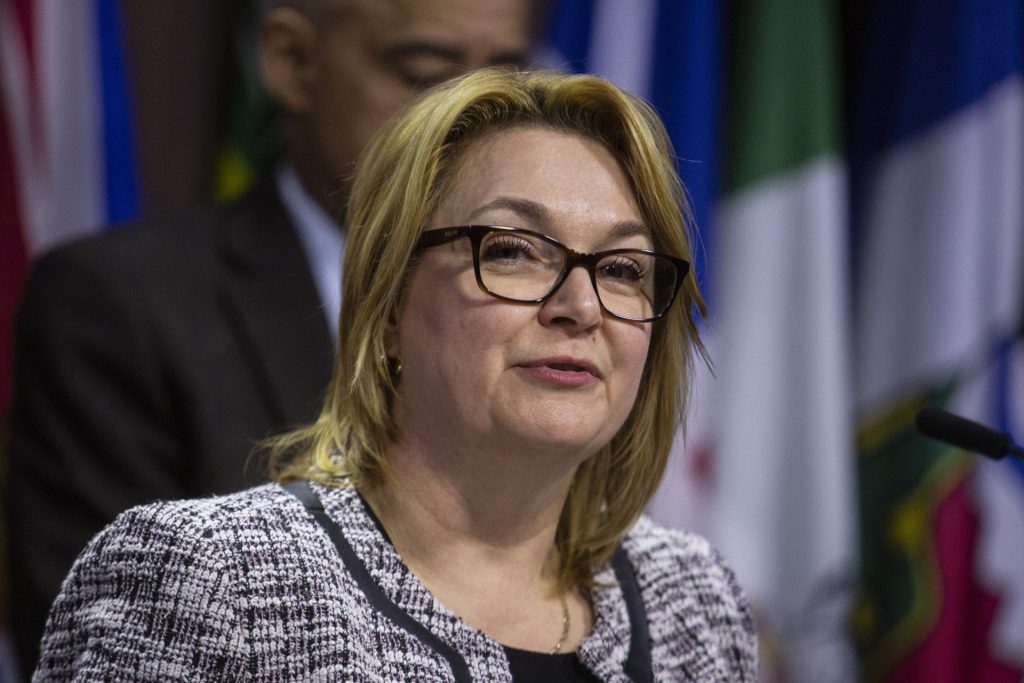
Bruske had a slightly more optimistic view of the NDP’s losses. She said that while she was “disappointed” with the results, the party has not been completely wiped out.
“The loss of party status is challenging because, of course, that means a loss of resources and a loss of additional voices in Parliament on behalf of workers,” she said. “I will say that having seven very strong MPs that will be returning to the House of Commons doesn’t leave us completely down and out.”
In a minority Parliament, the Liberals need to work with other parties to pass legislation, so the NDP will still have a voice, Bruske remarked.
The CLC has a number of top priorities for the Carney government: safeguarding jobs that are on the line due to the trade war with the U.S., expanding and securing health-care services, providing more affordable housing, and updating the EI system, which was last overhauled in 1996.
“The world of work has changed tremendously since 1996,” she said. “We need to actually look at our social safety net in Canada, and stitch up those giant holes where people are falling through.”
While Carney’s election platform touched upon these issues, Bruske said it covered the “base beginning,” and there is more work to be done. However the new government deserves the “benefit of doubt” as this was a time for the country to “come together.”
Some labour unions have moved away from the NDP, and nine endorsed the Conservative Party this election. Bruske said these unions were falling for “very simplistic solutions for very complex problems.” The Conservative Party had a track record of voting against workers’ rights in the past, she highlighted, and suggested that the NDP needs to do a better job of connecting with workers going ahead.
Bruske said she went door-knocking during the campaign and heard repeatedly that voters like New Democrat candidates, but were focused on keeping Conservative Leader Pierre Poilievre out of power. Still, of the 17 seats the NDP lost this election, 10 went Conservative.
“I think this is a complex set of circumstances, and I don’t think it’s a rejection of the NDP altogether,” she said, describing the election as a situation where the party was a “bit of a victim of circumstance.”
Unions ‘saddened’ to see Singh go
Paying tribute to the outgoing Singh, Bruske said Canadians owe him a “debt of gratitude” for expanding the public health-care system, and delivering programs for dental care and pharmacare.
Her message to the new NDP leader, whenever they come, would be to “roll up their sleeves and work with labour” so they are able to grasp the attention of the average Canadian worker, and address the frustrations they face.
The Canadian Union of Public Employees (CUPE) said in an April 29 statement it was “disappointed to see so many hard-working New Democrat MPs were not re-elected,” including Singh, who the 750,000-member union endorsed.
“With another minority Parliament in Ottawa, we look forward to working with the reduced, but determined, group of NDP MPs who are returning to the House of Commons to fight for workers’ rights, public services, and a better future for everyone.”
“CUPE’s No. 1 priority in this election was ensuring Pierre Poilievre was kept as far away from the Prime Minister’s Office as possible, and that objective has been met.”
The United Steelworkers (USW), which endorsed the NDP during the campaign, said its 225,000 members are “looking for action to protect and create good union jobs, rebuild our industrial base and ensure fairness and security for working people.”
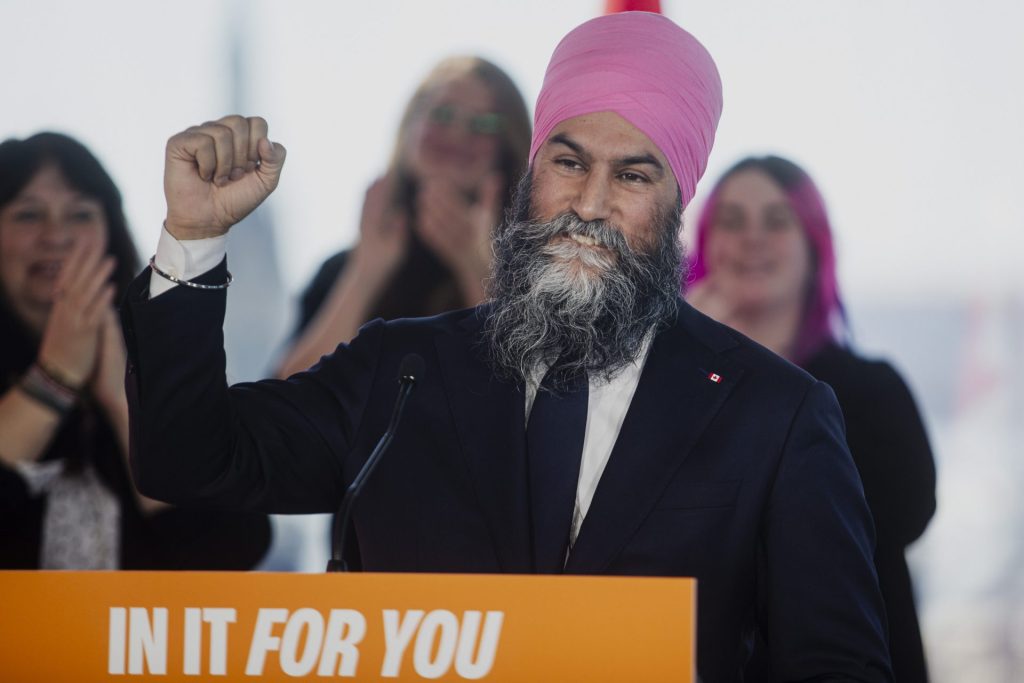
Marty Warren, USW’s Canadian national director, singled out Singh for his work last Parliament, saying it helped bring progress on workers’ rights and anti-scab legislation.
“Whatever changes lie ahead, we remain committed to working with the NDP and all allies who support working people,” said Warren in an April 29 statement. “We will continue to push for stronger labour protections, fair trade, industrial strategies and good green jobs, along with policies that put working people and communities ahead of corporate greed.”
The day after the election, the United Food and Commercial Workers union also released a statement saying they were “saddened” by the departure of Singh, who the union described as a “tireless champion for working people, and steadfast ally” of the labour movement.
—with files from Samantha Wright Allen
The Hill Times
A version of this story first appeared in Politics This Morning, your go-to source for insider news, analysis, and updates on where all the key political players are that day. To get more insider coverage directly to your inbox from The Hill Times‘ editor Peter Mazereeuw and reporter Riddhi Kachhela in this subscriber-only daily newsletter, sign up here.
Correction: This story was updated on May 6 at 4:50 p.m. to correct that 10 NDP-held ridings flipped to the Conservatives, not 13.






 LICENSING
LICENSING PODCAST
PODCAST ALERTS
ALERTS













